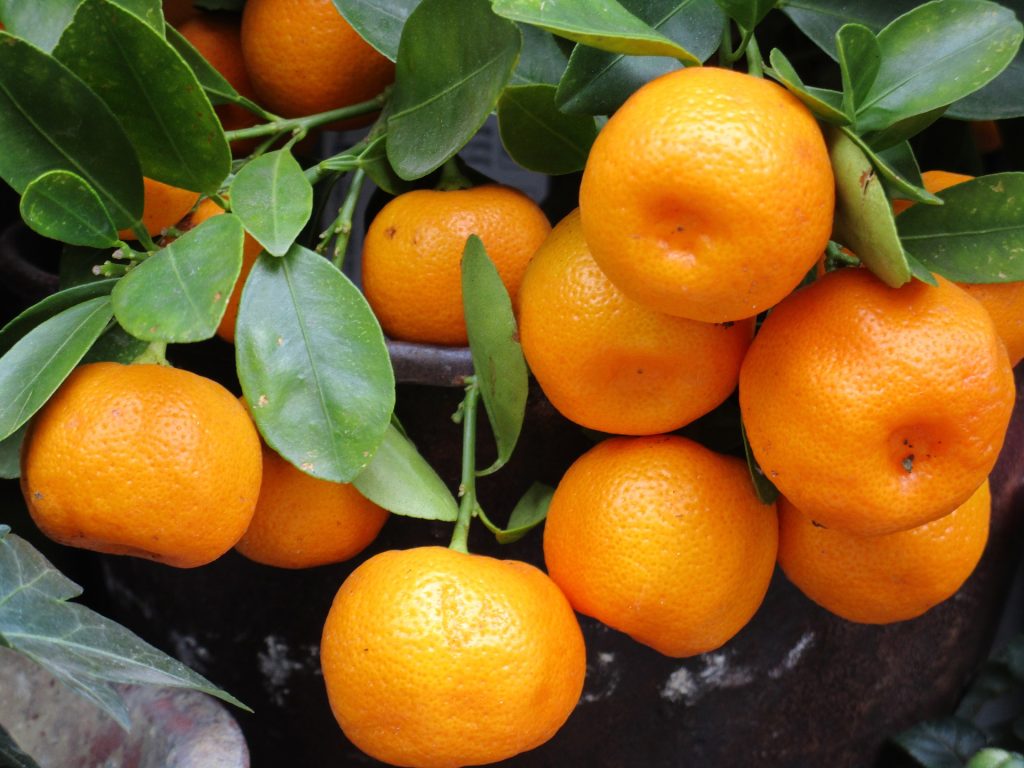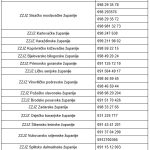As Poslovni Dnevnik writes, an announcement appeared on the official website of Dubrovnik-Neretva County and special instructions for Croatian fruit pickers, particularly those picking mandarin oranges, have been published in an attempt to slow the spread of the disease.
”Taking into account all the specifics of the work which takes place during the mandarin harvest season, the basic division of labour would be working outdoors on plantations and then working indoors in purchasing and sorting centres,” the statement said.
Here is the list of the epidemiological measures Croatian fruit pickers should adhere to during the mandarin harvet season:
VACCINATION
Since the vaccine was approved in 2020 and in 2021 the vaccination rollout against COVID-19 was started, as the most effective measure in the fight against this disease, we should certainly give priority to those workers who have been vaccinated and encourage those who haven’t to get their vaccines.
All employees should be properly informed about all of the measures taken to prevent the spread of COVID-19, as well as the proper behaviour and protection measures.
People with symptoms of the disease, those who are sick and people in self-isolation cannot participate in any activities.
If a person becomes ill/develops/notices symptoms before or during their time of work, the person must not come to work/immediately stop work, go home and telephone their chosen doctor to assess further procedure.
Daily records of all employees (names and surnames, dates of birth and mobile/phone numbers) should be kept.
OUTDOOR WORK (harvesting the fruit)
Workers must adhere to basic hygiene habits during the harvest period (hand washing, social distancing) and everything listed in the ”General protection measures”.
INDOOR WORK (sorting plants)
Since this is an enclosed space where a large number of people gather together and where close contact inevitably occurs during work, the risk of possible occurrence and spread of the disease is difficult to avoid. To somewhat reduce this risk, we recommend:
Temperature measurements with a non-contact thermometre for each person when they arrive at work.
People with body temperatures of 37.2 ° C or higher that day must not be included in the work process.
In a visible place, it is necessary to post information on all of the hygienic procedures or post information with the guidelines on proper behaviour and protection measures.
At the entrance and at several workplaces in the area, it is necessary to provide dispensers with alcohol-based disinfectants not less than 70 percent with a prominent notice of the obligation for people to disinfect their hands on arrival and during work.
Work clothes must be provided to employees, and they should be materials/goods that are easy to wash and iron.
For work indoors at all work sites, it should be mandatory to wear protective masks over the mouth and nose. Masks can be disposable (surgical) or reusable (cloth masks that are properly maintained/washed).
A mask should be worn outdoors if social distancing cannot be maintained due to the nature of the activity.
Wearing gloves isn’t mandatory, but it may be recommended that hands be disinfected regularly after their removal.
Large groups of people during work should be avoided, and people should make sure they try to maintain a physical distance of at least two metres between each other.
If it is possible to organise work in several shifts with a break between those shifts of at least half an hour, then that time should be used for the cleaning and disinfection of the premises.
Basic hygiene habits (such as hand hygiene and decent behaviour when coughing/sneezing) should be maintained.
Glasses, dishes and other items should not be shared with other people during lunch breaks.
Good conditions for ventilation should be ensured (the use of air conditioners and indoor heating should also be avoided as much as possible).
Sanitary facilities should have increased ventilation, cleaning and disinfecting procedures.
For more, follow our lifestyle section.











